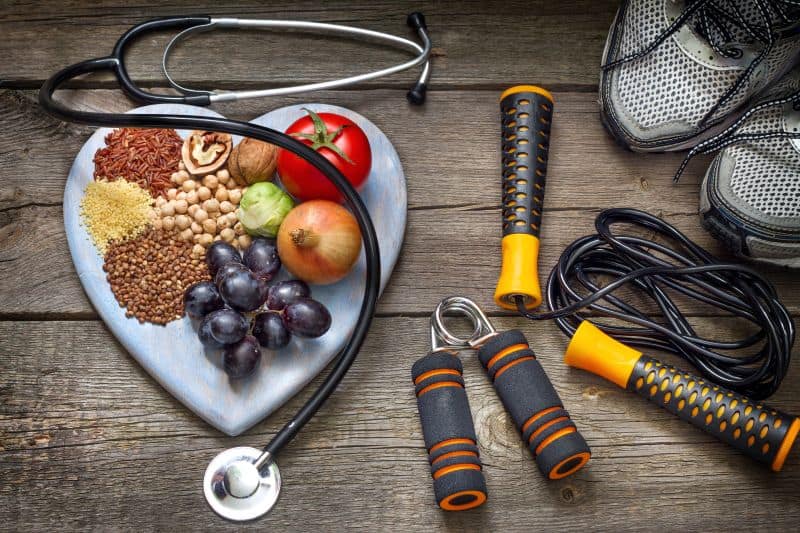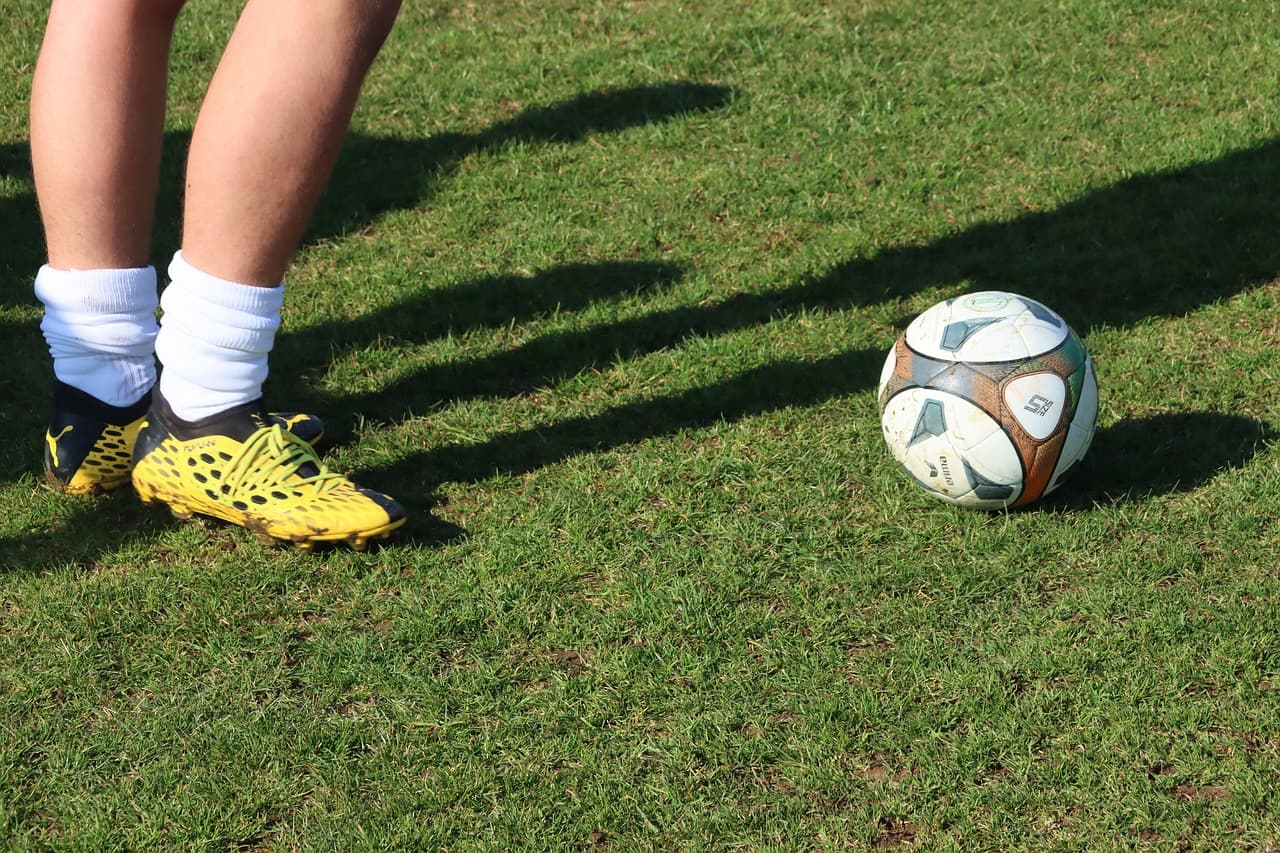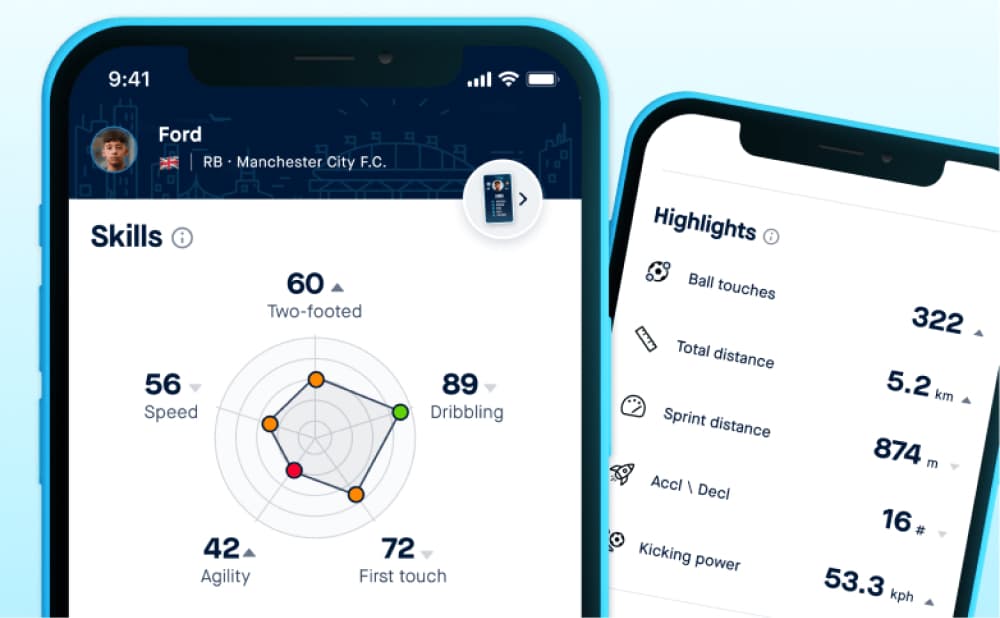Why is nutrition important for soccer and why should athletes eat with care?
Physiology in Soccer
Soccer players have to balance short bursts of energy such as jumping, turning, and kicking, with endurance, as they may run up to six miles in each game. Nutritional strategies can help to improve a player’s performance and provide them with the energy they need.
Body Composition in Soccer
Professional players have low levels of body fat and high levels of lean mass and bone mass. This combination allows them to have higher levels of strength and speed.
Energy Requirements in Soccer
Soccer is a high-intensity sport, with hundreds of calories burned in each game. Having the right nutritional strategies means that players can avoid fatigue and consume an adequate amount of hydration and calories to promote performance and recovery.
What foods should a Soccer player’s daily diet consist of?
A Soccer player’s diet should have a balanced and varied mix of proteins, carbohydrates, and good fats. Great sources of protein include fish, salmon, lentils, and beans, while carbohydrates include pasta, rice, bread, sweet potatoes, and oats. Fruit and vegetables are a must for vitamins and fibre, and healthy fats can include eggs, avocado, nuts, and dairy.
What foods should a Soccer player avoid eating?
For optimal performance, players should avoid saturated fats such as fried foods, cakes, and pastries, as they take a long time to digest.
How many calories do you burn in a Soccer game?
Each player will burn a different amount of calories depending on their height, weight, metabolic rate, the effort they’re putting into the game, and the length of the game. On average, during a 90-minute game most players can expect to burn between 700-900 calories.
How many calories should a Soccer player eat?
Again, the number of calories a player needs to eat will vary depending on factors such as weight, height, age, and how the level of intensity during play. In general, an adult male may need around 3,400 to 4,300 calories per day, while a lighter female player may need about 2,850 to 3,200 calories per day.
Daily nutritional requirements to promote optimal performance for athletes
Players need carbs, protein, and fat. Carbohydrates provide energy, while protein helps you to build muscle. You also need fats to fuel long exercise sessions and to replenish glycogen after a game.
What to eat before a Soccer game?
It’s a good idea to eat a mix of foods the night before a game, such as pasta, fish, yoghurt, and bananas. Make sure you leave at least 3 hours between eating and the start of your game and keep it light with small portions of bread, rice, lean chicken, and fruit.
What to eat at halftime in Soccer?
Half-time foods should be high-energy, quick to eat, and take little preparation. Orange halves, walnuts, peanut butter, and boiled eggs are all great options.
What to eat after a Soccer game?
Recommended nutrition for soccer after a game can be found in bananas and dried fruits as they provide potassium for muscle relaxation. Carbs and proteins, such as a turkey sandwich, will help with muscle renewal.
How much water should a soccer player drink?
A player should drink between 1-3 litres a day, depending on how much sweat is lost during a match or training.
What do soccer players drink before, during, and after a game?
Sports nutrition experts suggest that players should drink water or sports drinks at least 2-4 hours before the start of a game, and should have more at half-time. The amount of hydration needed after a match depends on the amount of weight loss; ideally, players should aim to consume around 1.2 to 1.5 L of water or sports drinks for every 2lbs of weight they have lost.
Are sports drinks recommended for soccer?
Some sports drinks help to replenish energy quickly, while others help with recovery afterward. The best sports drinks for performance are coconut water and electrolyte drinks, while the top choices for recovery include smoothies, milk, and hypertonic drinks.
Soccer snack ideas
When it comes to nutrition for soccer, the best snacks are things like low-sugar granola bars, carrot sticks and hummus, nuts and seeds, popcorn, and dried fruit.
What do famous soccer players eat and drink?
Cristiano Ronaldo’s Daily Diet
For his soccer nutrition, Cristiano Ronaldo eats egg-white omelettes, wholewheat pasta, fish, and quinoa. He tries to avoid sugar and eats six small meals a day.
Lionel Messi’s Daily Diet
Lionel Messi eats porridge, protein shakes, and high-fibre fruits such as mango and apples. He also consumes lots of healthy fats like olive oil.
Neymar’s Daily Diet
Neymar eats high-protein spinach and eggs for his sports nutrition, as well as eating almonds and seeds throughout the day as snacks.
How soccer data can help you understand what is the best diet for you?
Nutrition for soccer players may seem complicated, but Playermaker’s smart soccer tracker uses data to help you to understand your energy requirements based on your total effort and work rate in practice and games, and also based on the number of high intensity bursts you had. If you work with a nutritionist, they will likely use this information along with other factors to optimise your diet.









